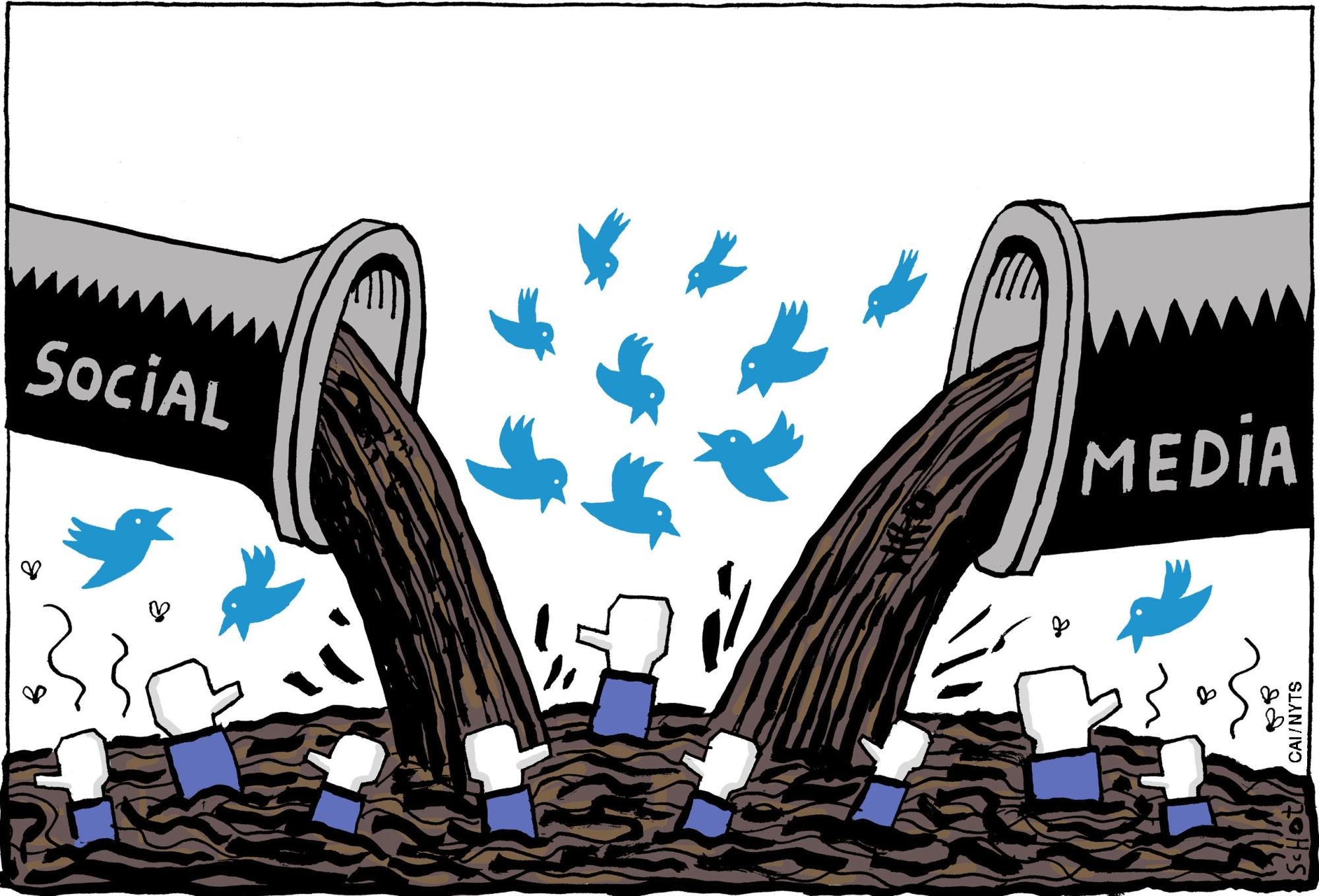If Facebook Chief Executive Officer Mark Zuckerberg is sincere in a recent post about gradually taking the media element out of "social media," he's striking a powerful blow for tech self-regulation, as well as preparing to pay a heavy price for the evolution of his vision. But getting the genie back into the bottle may be too difficult even for Zuckerberg, and, in any case, his creation's problems go far beyond his proposed fix.
The gist of Zuckerberg's criticism of Facebook is that "video and other public content have exploded on Facebook in the past couple of years." "Since there's more public content than posts from your friends and family, the balance of what's in News Feed has shifted away from the most important thing Facebook can do — help us connect with each other," he wrote.
Not coincidentally, Facebook's revenues have also "exploded in the past couple of years." In the average 2015 quarter, Facebook's sales reached almost $4.5 billion. The average revenue of the first three quarters of 2017 was more than double that, about $9.2 billion. That's the spoils of outcompeting traditional media for the role of the top news purveyor to the U.S. public — Facebook's most important audience in monetization terms. According to Pew Research, in 2014, 64 percent of U.S. adults used Facebook and some 30 percent got news on it. By late 2017, the usage rate barely budged, rising to 66 percent of U.S. adults, but the share of those who got news on Facebook rose to 45 percent. As online platforms have closed on TV as Americans' primary source of news, Facebook has become the biggest of these platforms — without ever reporting a single news story of its own.



